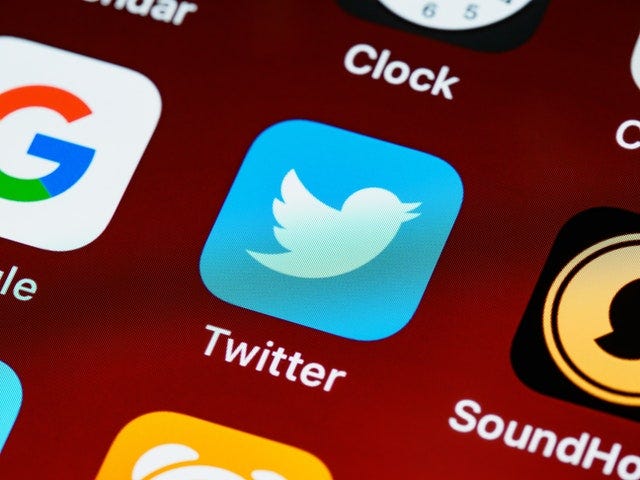See Ya
The benefits of Twitter are no longer worth the dangers.
Last week, I deactivated my Twitter account. I’ve done this before, out of frustration and exhaustion, and always reactivated in a short while. This time feels different. Quite simply, I no longer feel like the advantages of Twitter are comparable to the dangers. The dangers have steadily increased, while the advantages have been stagnant for a long tim…



